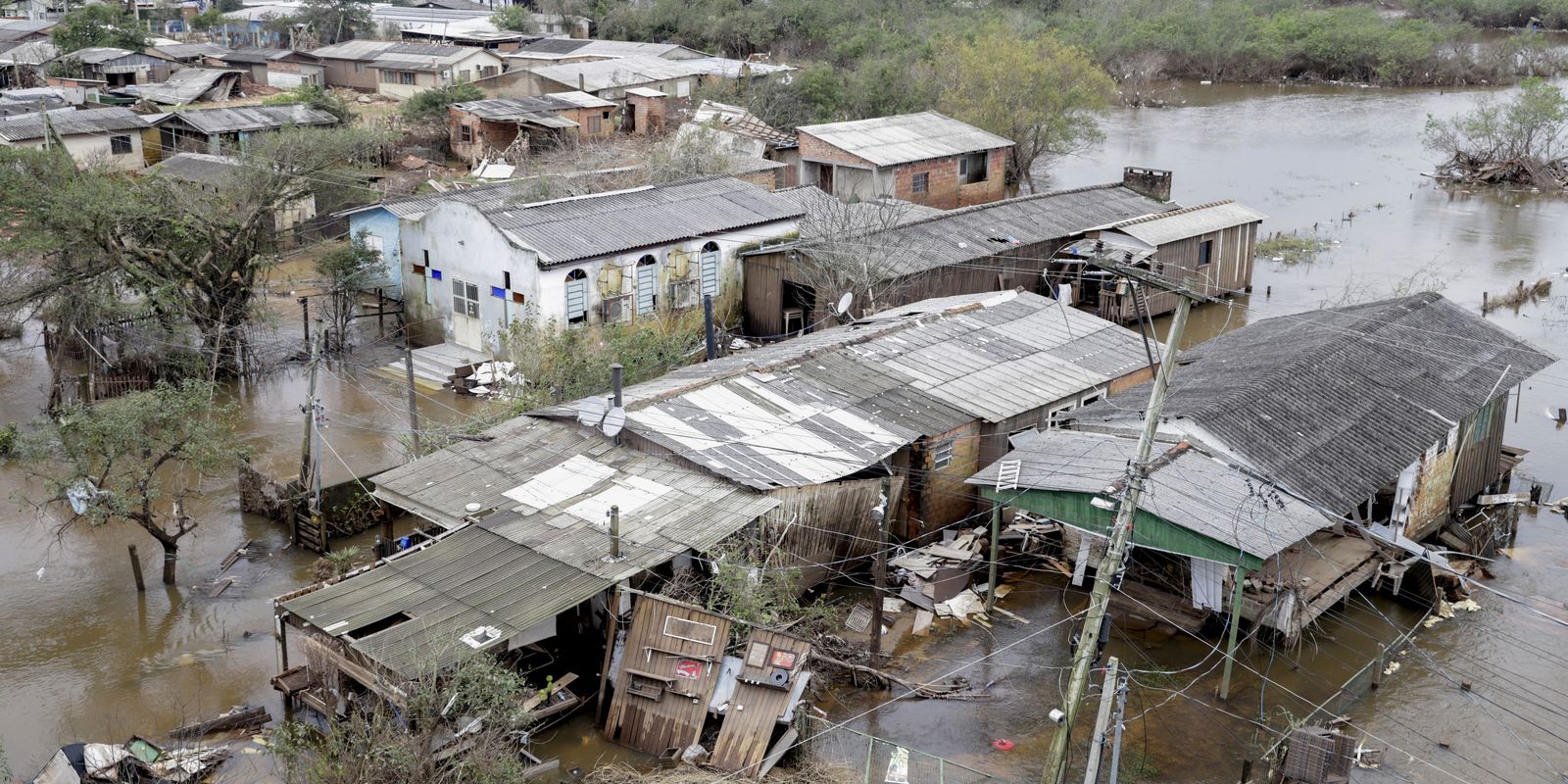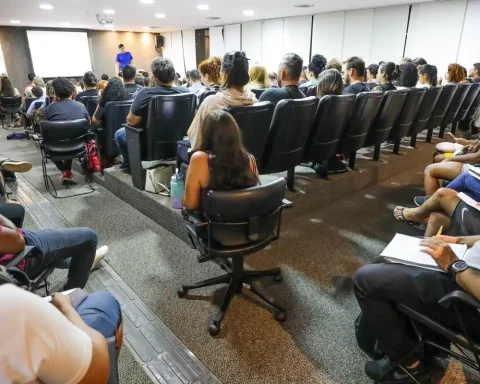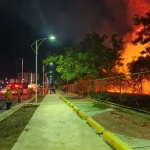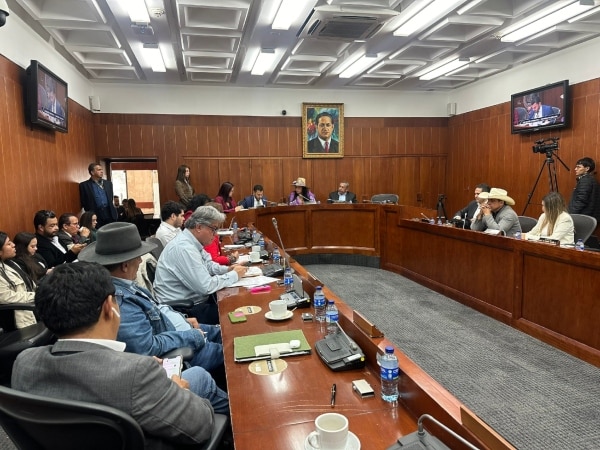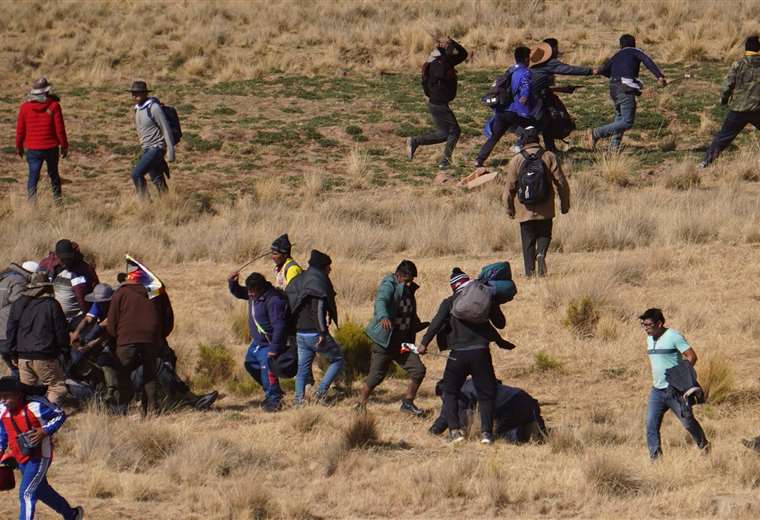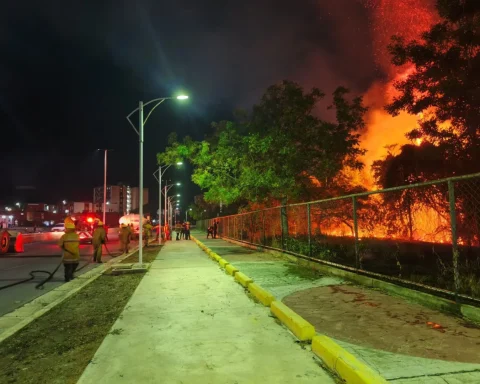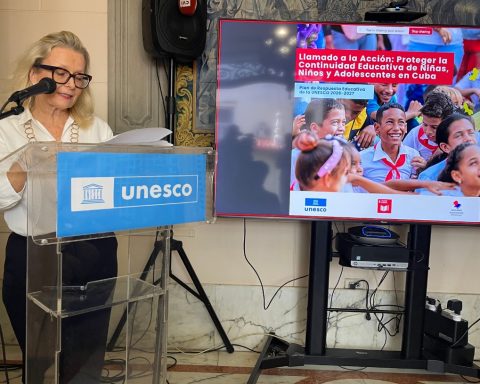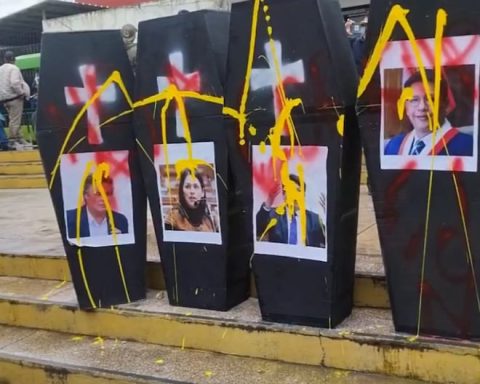The governor of Rio Grande do Sul, Eduardo Leite, and President Luiz Inácio Lula da Silva signed, this Tuesday (17), a cooperation agreement for the reconstruction of the state, heavily hit by floods in the months of April and May, in the worst climate disaster in the history of Rio Grande do Sul. Of the 497 municipalities in Rio Grande do Sul, 478 were affected.
The information was released by the governor, after a meeting with Lula at the Planalto Palace, in Brasília. The measure had already been announced by the minister of the Civil House, Rui Costa, last week, when taking stock of federal actions in the state.
Bottom
The federal government has committed to creating a R$6.5 billion fund for projects in Rio Grande do Sul, including the construction of dikes, protection systems and other studies. The goal is to avoid the need to renew exceptions to fiscal rules, as was done this year for emergency actions. All amounts not used by December of this year will be transferred to the Caixa or BNDES accounts.
According to the governor, the agreement signed today was developed jointly, with information being shared between technical teams, and supports an executive order signed by the Chief of Staff, Rui Costa, which creates the management board for the fund and flood control projects. The board will be composed of the Chief of Staff, the Minister of Social Communication, the state governor, and two secretaries from the state government responsible for reconstruction.
“The council will monitor the works and manage the release of resources, especially looking at flood containment works,” explains Leite.
Federal government resources should finance flood containment works, especially in the metropolitan region of Porto Alegre, such as the protective dikes in the municipality of Eldorado do Sul and the dikes in Arroio Feijó, which protect Porto Alegre, Alvorada, among other cities.
“It is a significant amount of resources that will be made available by the federal government and executed by the state. So, we understand that it was important to have this shared responsibilities, where the state government manages and executes the works, but has this council, since the resources are federal resources provided to the state,” he said.
According to Leite, this is a way of ensuring that the technical areas of the ministries are in close contact with the state secretariats, “so that we can overcome any bottlenecks and difficulties that may arise along the way.” “These are complex projects that will take time to complete, and therefore this governance is very important,” he added.
Scientific Committee
The government of Rio Grande do Sul has also established a scientific committee to analyze the projects and a review has already been requested for the Eldorado do Sul dam. “We do not have the right to make billions in errors. The volume of resources that will be provided requires a very well-done, multidisciplinary technical analysis to ensure that we can execute these works,” he said.
In the case of the project in Eldorado, according to the governor, the flood levels reached in this year’s floods exceeded what the project was previously designed for. “But these are adjustments, not redoing everything from scratch,” he explained.
Eduardo Leite also stated that the intention is to “identify the best way for him to alleviate bureaucracy”, even enabling emergency hiring.
“We will therefore observe, from this council, what the current legislation provides shelter, provides support for emergency contracts and, if it is the case to make adjustments, this council itself will make this suggestion, of some legislative adjustment to be able to guarantee the execution of the work”, he added, highlighting that there is concern about the speed of the process.
Special regime
Leite also stressed the importance of voting on Bill 3117/24, which makes public bidding rules more flexible to speed up the process and provide legal certainty to managers in dealing with public calamities. The text is in the Chamber of Deputies and, according to the governor, the Speaker of the House, Arthur Lira, has promised to put it to a vote this Wednesday.
“For us, it is very important that this vote takes place, because this project includes both a special hiring regime and economic subsidies for financing that are so important for the reconstruction process. It is essential that this be voted on as soon as possible,” he said.
Authored by deputies José Guimarães (PT-CE) and Marcon (PT-RS), the planned changes will be used for other public calamity situations that may occur in the country, considering the worsening scenario of fires in the Pantanal and drought in the Amazon.
According to the text, contracts signed based on the future law will last for one year, renewable for the same period. Risk management will only occur during the management by the bidding body, to speed up the contracting process.
Among other actions, the project also allows adjustments to the initial contract that increase the value by up to 50%, if necessary.
